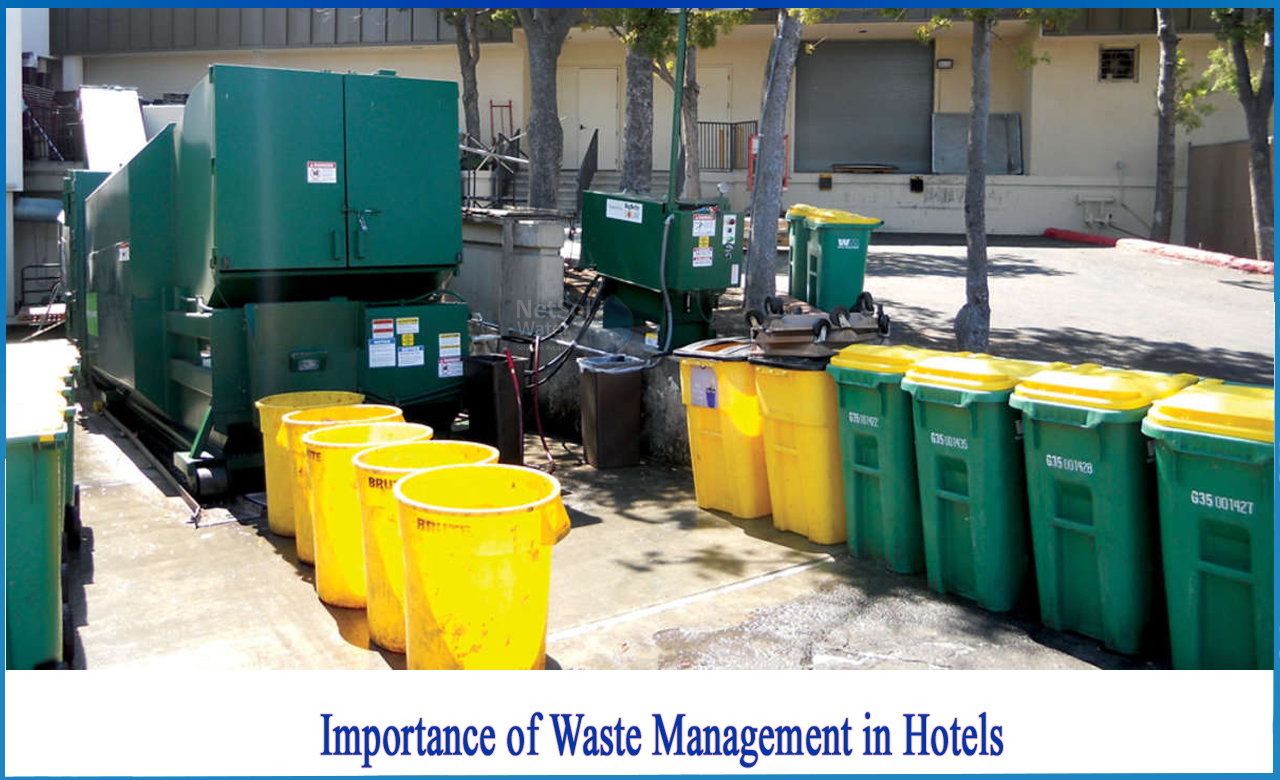Some Known Questions About Reclaim Waste.
Table of ContentsThe 10-Second Trick For Reclaim WasteThe smart Trick of Reclaim Waste That Nobody is DiscussingThe smart Trick of Reclaim Waste That Nobody is DiscussingSome Known Questions About Reclaim Waste.The Only Guide to Reclaim Waste
Check out the types, events, and types of liquid waste. Domestic sewer waste refers to the waste and items from a property septic system. This kind of waste is created by humans in houses, colleges, and various other structures. This only consists of septic systems that have a drainpipe field. The correct administration and disposal of domestic sewage waste call for fluid waste to be transferred to a sewage treatment plant where the proper methods and tools are applied to purify and take care of waste.
Commercial waste usually includes prospective hazards, such as combustible materials or a mix of liquid and strong waste items, and requires a much more sophisticated and comprehensive disposal process. The disposal of industrial waste commonly entails the filtration of waste before transport to make certain safe and proper disposal. Industrial waste is produced from results and runoff of industrial processes and production.
This type of waste can not make use of the same sewage administration transport or procedures as septic or industrial liquids. The hazardous waste administration process needs the assessment and testing of fluid waste prior to it undertakes the disposal procedure (liquid waste disposal). Drainage waste is the fluid waste that originates from overflow and excess stormwater in extremely inhabited locations or cities
Overflow waste can trigger contamination and flooding if not managed effectively. Discover more about drain cleansing and waste administration. Ensuring appropriate waste monitoring can stop disasters and minimize environmental damage. Both individuals in household settings and professionals in commercial or production industries can benefit from understanding the processes and regulations of liquid waste management.
10 Simple Techniques For Reclaim Waste
Get in touch with PROS Providers today to learn more about our waste monitoring and disposal services and the appropriate ways to look after the liquid waste you produce.
This supposed 'wastewater' is not only a vital source but, after treatment, will certainly be released to our land, rivers or the sea. Used water from bathrooms, showers, bathrooms, kitchen area sinks, washings and commercial processes is recognized as wastewater.

water used to cool equipment or tidy plant and devices). Stormwater, a kind of wastewater, is runoff that moves from farming and urban areas such as roofings, parks, gardens, roads, paths and seamless gutters into stormwater drains pipes, after rainfall. Stormwater flows without treatment straight to local creeks or rivers, at some point reaching the sea.
Reclaim Waste - Questions
In Queensland, most wastewater is treated at sewage treatment plants. Wastewater is transported from domestic or industrial sites with a system of sewage systems and pump stations, understood as sewage reticulation, to a sewer therapy plant. City governments construct, keep and operate most sewage treatment plants. Operators are accredited under the Environmental Protection Act 1994 to release treated wastewater at an appropriate ecological criterion right into waterways.
The Division of Natural Resources recommends city governments regarding managing, operating and preserving sewage systems and therapy plants. In unsewered areas, city governments may require owners to mount private or household sewer therapy systems to treat residential wastewater from commodes, cooking areas, washrooms and washings. The Department of Natural Resources authorizes using household systems when they are proven to be reliable.
A lot of stormwater receives no therapy. In some new subdivisions, therapy of some stormwater to remove clutter, sand and gravel has actually begun using gross toxin traps. Wastewater therapy occurs in 4 stages: Removes solid issue. Bigger solids, such as plastics and other things incorrectly discharged to sewage systems, are eliminated when wastewater is gone through displays.
Wastewater after that streams right into large containers where solids clear up and are gotten rid of as sludge. Grease and scum are skimmed from the surface area. Uses small living microorganisms called micro-organisms to break down and get rid of remaining liquified wastes and fine particles. Micro-organisms and wastes are integrated in the sludge. Gets rid of nitrogen and phosphorus nutrients that could trigger algal blossoms in our rivers and threaten aquatic life.
5 Easy Facts About Reclaim Waste Described
Nutrient elimination is not offered at all sewage treatment plants due to the fact that it needs costly specialized equipment. Clear fluid effluent generated after treatment may still include disease-causing micro-organisms - liquid waste removal.

This usually means wastewater needs to be why not look here treated or impurities eliminated before it can be discharged to rivers. The majority of wastewater streams into the sewage system. Under the Act, city governments carry out authorizations and permits for eco pertinent tasks (ERAs) entailing wastewater launches that could have a regional impact. The division administers authorizations and licences to Periods including wastewater launches that may have a local or statewide effect.
8 Simple Techniques For Reclaim Waste
Monitoring provides valid details about water top quality and can validate that permit problems are being fulfilled. The details gotten via surveillance gives the basis for making water top quality choices.
Comments on “What Does Reclaim Waste Mean?”